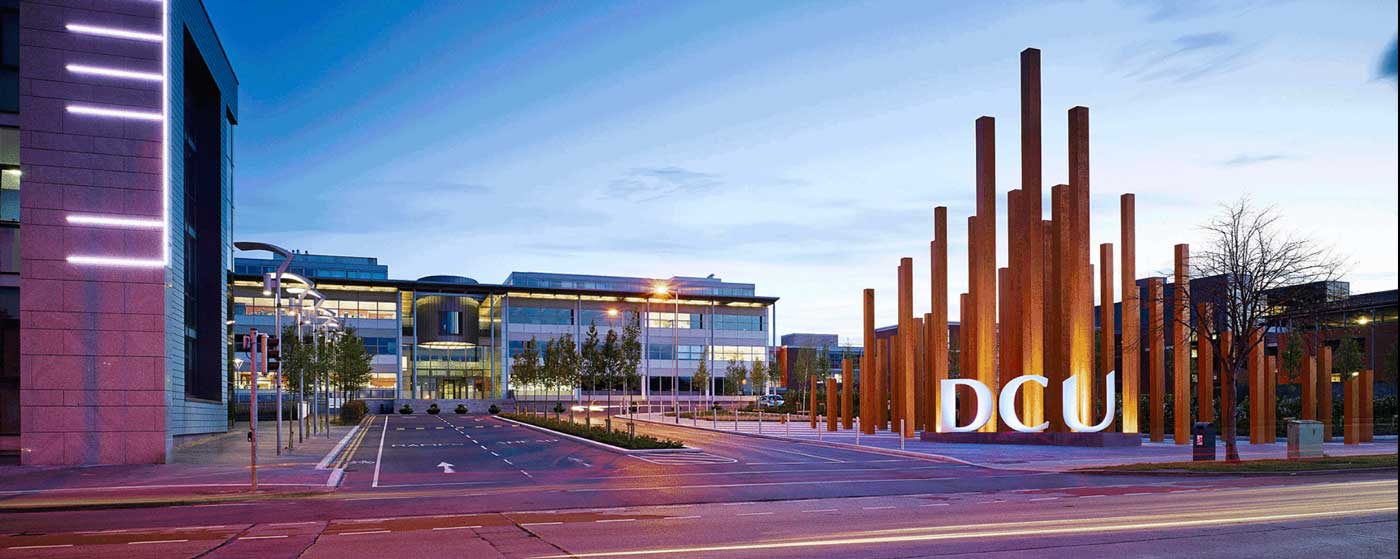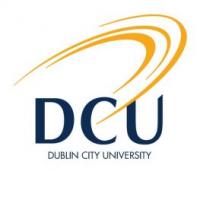MSc in Biotherapeutics
Multidisciplinary in nature, this programme will appeal to a wide range of candidates from across sectors who work with and/or are planning to work with biomedical therapeutics, including but not limited to life scientists, professionals from the Biopharma and BioPharmaceutical, Biotechnology, Diagnostics and/or Healthcare industries, and medical practitioners (including GPs, clinicians-in-training, and specialist nurses). Graduates will be well placed to provide practice, professional leadership, innovation and scholarship expertise to a vast array of organisations to make a difference in the development and application of biotherapeutics.
Students will initially gain a thorough understanding of fundamental subjects such as cell biology and the manipulation of cells to produce functional products, including therapeutic medicines, in the module entitled ‘Introduction to Cell Biology and Biotechnology’.
They will subsequently learn how biological drugs produced by the Biotechnology industry can be manipulated for enhanced therapeutic purposes in the module entitled ‘Recombinant DNA Technology’.
In the module ‘Immuno- and Onco-Therapeutics’, students will understand how targeted therapeutics have revolutionised medical practice by delivering the right medicine to the right patient at the right time for diseases including cancer, inflammatory diseases and inherited diseases.
The aim of the module ‘Introduction to Bioprocess Engineering’ is to introduce the students to the Biopharmaceutical and other related industries and their associated processing principles and techniques.
In the module ‘Animal Cell Culture Technology’ students will gain an understanding of the role of cell culture in bioprocessing engineering and how cells are used to produce biotherapeutics.
The module ‘Biotherapeutic Pipeline’ will provide students with the knowledge how to design biotherapeutic agents and how to analyse their mode of action using bioinformatics tools. Industry experts will be involved in teaching this module.
The aim of the module ‘Regulatory Affairs Sc. for Biotech Products’ is to introduce the regulatory context in which biotherapeutics products are developed and made available to patients. The module sets out to explain the licensing/regulatory environment which controls medicines with a particular emphasis on issues related to establishment of quality standards for biotechnology-derived products. Legal aspects in regard to international licensing, e.g. under the United States Food and Drug Administration, and local, EU and Irish, legislation will be covered by industry professionals.
The module ‘Bioseparations’ is intended to provide a detailed understanding of the theory and practical techniques involved in developing a purification process for biotherapeutics such as monoclonal antibodies.
Students will gain a thorough understanding of the pathophysiology of nervous and cardiovascular system diseases and will be introduced to novel biotherapeutics treatment options in the module ‘Neuro & Cardiovascular Therapeutics’.
The module ‘Case Studies in Biotherapeutic Development’ will provide students with a first-hand practical experience of how biotherapeutic products are produced in a laboratory setting using the existing bioprocess engineering pilot plant, the pre-GMP facility and the state-of-the-art facilities in NIBRT.
The ‘Professional Skills for Scientists’ module will develop many of the soft-skills to enhance professional development, including Science Communication, Innovation and Entrepreneurship, Ethics, Research Integrity, Networking and Career Development.
In the module entitled ‘Practical on Laboratory Techniques’ students will learn hands-on about key laboratory techniques used in fundamental cellular assays employed to monitor therapeutic drugs.
Finally, students will have the option to undertake a 12-week research or design project in DCU on a novel research topic related to biomedical science in the module ‘Research Design and Methodology Project’ (30 ECTS credits). Alternatively, if the student is currently employed in a relevant industry (e.g. BioPharmaceutical, Biotechnology, Diagnostics and Healthcare industry), a 12-week research or design project in the person’s place of work may be permitted, subject to agreement by the programme management team at DCU and the student’s employers. Research and Design projects in the student’s place of work are successfully run on the two other MSc programmes within the School of Biotechnology – MSc in Bioprocess Engineering and MSc in Diagnostics & Precision Medicine. In addition to wet lab-based research projects, computational design projects will be offered for interested students.
Instead of a project, students can also opt for a MasterClass in Biotherapeutics. Here students will complete a bespoke set of experiments relating to the design, purification and validity testing of a biotherapeutic such as a monoclonal antibody in addition to writing a grant proposal.
Intakes
- Jan
- Sep
Application Processing Time in Days: 10
Application Process
Minimum English Language Requirements
| English Level Description | IELTS (1.0 -9.0) | TOEFL IBT (0-120) | TOEFL CBT (0-300) | PTE (10-90) | |
|---|---|---|---|---|---|
| Expert | 9 | 120 | 297-300 | 86-90 | |
| Very Good | 8.5 | 115-119 | 280-293 | 83-86 | |
| Very Good | 8 | 110-114 | 270-280 | 79-83 | |
| Good | 7.5 | 102-109 | 253-267 | 73-79 | |
| Good | 7 | 94-101 | 240-253 | 65-73 | |
| Competent | 6.5 | 79-93 | 213-233 | 58-65 | |
| Competent | 6 | 60-78 | 170-210 | 50-58 | |
| Modest | 5.5 | 46-59 | 133-210 | 43-50 | |
| Modest | 5 | 35-45 | 107-133 | 36-43 | |
| Limited | 4 | 32-34 | 97-103 | 30-36 | |
| Extremely Limited | < 4 | < 31 | < 93 | < 30 |
Job Opportunity Potential
The Careers Service is DCU’s central hub for employability. Through learning and development initiatives, we empower students to shape their futures to become successful in their chosen career paths; provide opportunities to connect students with the agile nature of the world of work; and be a leading player in the talent development and employer engagement for our local, national and global communities.
PSW Opportunity
Honours undergraduate degree holders (Level 8) can stay in Ireland to work (and/or to seek employment) for 12 months after finishing their studies, and
Masters and postgraduate students (Levels 9 and 10) can work for up to 2 years after they graduate.
Admission Requirement / Eligibility Criteria
- Course Code: DC776
- Course Type: Full Time
- Course Level: Masters/PG Degree
- Duration: 01 Year
-
Total Tuition Fee:
17000 EUR
Average Cost of Living: 10500 EUR /year
Application Fee: 50 EUR
Similar Programs
- MSc in Astrophysics & Relativity at Dublin City University (DCU)
- MSc in Climate Change: Policy, Media and Society (MCC) at Dublin City University (DCU)
- MSc in Emerging Media at Dublin City University (DCU)
- MSc in Science and Health Communication at Dublin City University (DCU)
- Master of Science in Computing (with Major Options) at Dublin City University (DCU)
- MSc in Diagnostics and Precision Medicine at Dublin City University (DCU)

